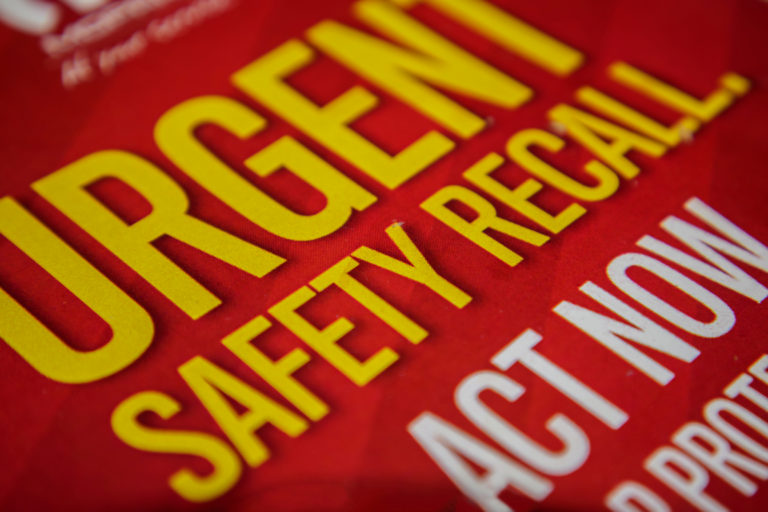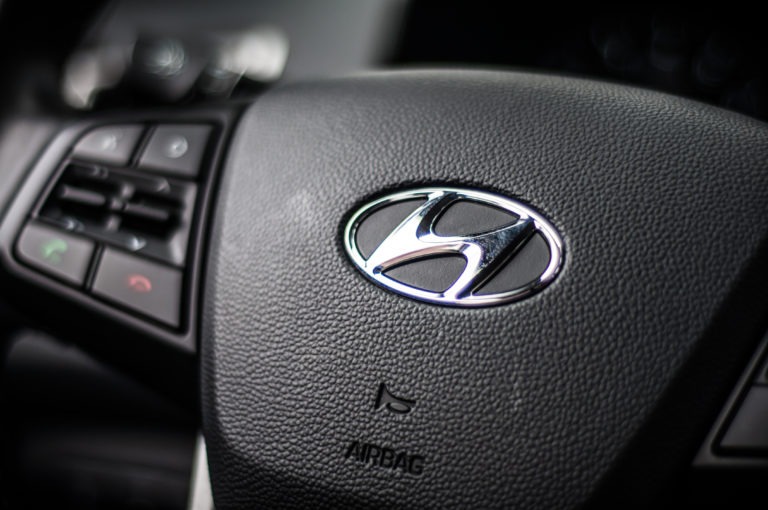Toyota announced another global recall — this time, more than 400,000 Prius and other hybrid cars with braking problems. Toyota president Akio Toyoda apologized for quality and safety issues that have led to the recall of more than 7 million vehicles.
The recall will fix a software glitch in the brakes of the Prius and three other hybrid models. It has caused brief and sometimes frightening delays in perceived braking capacity on icy or bumpy roads.
The fix, which dealers can complete in about 40 minutes, will repair 223,000 hybrids sold in Japan, along with 133,000 Prius cars and 14,500 Lexus HS250h vehicles in the United States as well as 53,000 Priuses in Europe.
The 2010 model of the car uses a two-stage braking system that includes regenerative braking to capture energy from the wheels, as well as conventional hydraulic brakes. On snowy or icy roads, however, the brakes can “seem to soften for a split second” when an anti-lock braking system kicks in.
The delay is not the same as brake failure, and there have been no reported accidents or injuries because of the problem, however complaints about the braking issue have been increasing in recent months.
2/4/10 Toyota recalling 270,000 Priuses due to a problem with hybrid car’s braking system. Toyota announced it would recall 270,000 of the popular hybrid car Prius in the U.S. and Japan.
The Transportation Department had opened an investigation into brake problems in the 2010 Prius, the latest in a series of safety troubles at Toyota that have confused drivers and strained the Japanese automaker’s relationship with U.S. regulators.
The recall will target the third-generation Prius launched in May. Toyota USA is evaluating the brake problems and that they have received no word on a possible recall.
The National Highway Traffic Safety Administration, has received 124 reports from consumers about the Prius brakes, including four reports of crashes. The investigation will look into allegations of momentary loss of braking capability while traveling over uneven road surfaces, potholes or bumps.
NHTSA investigators have talked to consumers and conducted pre-investigatory field work. The preliminary evaluation involves about 37,000 vehicles in the United States.
$850,000 Verdict
Business Litigation
$1,700,000 Verdict
Defective Product
$750,000 Verdict
Defective Product
$17 Billion Settlement
Tobacco Injuries
$831,000 Verdict
Slip and Fall
$125,000 Settlement
Dog Attack
$2.8 Million Verdict
Asbestos / Mesothelioma
$1,000,000 Settlement
Slip and Fall
$8 Million Settlement
Medical Malpractice
$600,000 Settlement
Bicycle Accident
$500,000 Recovery
Business Litigation
$650,000 Verdict
Trucking Accident
$1,900,000 Settlement
Bicycle Accident
$1,300,000 Verdict
Medical Malpractice



